Are you suffering from a torn muscle in your shoulder?
For many, this injury can come from a combination of physical activity, overuse, or accidents. For women in particular, this might happen while doing household chores, lifting too-heavy objects or as a side-effect of aging. Even repetative daily motions can add to gradual demand on the should muscles, increasing the risk of a tear.
No matter where your injury came from, knowing what works in recovery is key. We rounded up the advice of women around the internet from specific shoulder-injury related forums, as well as popular communities dedicated to these issues on social media like Fabebook Groups and Reddit.
Read on for the top recommendations from women that can get your on your path to healing effectively and safely:
A shoulder muscle tear can range from a minor strain to a full-thickness tear. Before diving into the unchartered waters of treatment on your own, it's critial that you consult a healthcare professional. Only they will be able to determine the severity of your injury. Typically, this can be done with diagnostic imaging (ie. an MRI) that can confirm the type of tear, severity, and any other complications which could impacts your approach to recovery and self care.
"When I got my proceedure I wasn't prepared with the right things to wear and ended up reinjuring myself," says Dana from Ream and Run Support. "Even though Dr. Green gave me plenty of dressing techniques, I couldn't get some pieces of clothing on. Bras were especially tricky."
Months out from her surgery, Dana thought she was well enough to get dressed regularly, and ended up reinjuring her shoulder. Many women experience these common dressing issues, especially with trickier garments. Some suggested an adaptive bra or one with a front-closure or even a camisole with a shelf for support.
Do not underestimate the power of prehab! Doing prehabilitation exercises (that increase range of motion or flexibility) can boost strength and help for a smoother recovery. Make sure to clear what is and is not possible for your body with your physician before beginning a routine.
Many women in the Facebook Group "Shoulder Surgery Support" mentioned using light resistance bands to build up strength as well, which helps your body heal better after the procedure.
As Lenora stated "I know so many women my age who have had shoulder surgery wish they had taken advantage of prehab because now they're in this long recovery process."
"I was surprised to learn from the ladies here that there are plenty of non-surgical options," says Jasmine.
It's true that physical therapy can help strengthen your shoulder and improve flexibility, but for immediate relief, many women with torn muscles in the shoulder can try corticosteroid injections or alternatives like massage therapy, chiropractic care, and even acupuncture to ease discomfort.
The community on Reddit "R/shoulderinjurues" also noted treatments like PRP therapy have the potential to promote healing as well. Again, it's always best to have an open conversation with your doctor before begining any alternatives.
As women, we are used to shopping around for the best value in so many areas of our life, so why not in our healthcare? asks Grace in the Shoulder Surgery Recovey Facebook Group.
Many women in the different support groups we interacted with echoed this sentiment, citing open communication styles, a clear focus on consent, and a good bedside manner being among thier top requirements when looking around for a shoulder specialist.
Feeling supported and being able to have open dialogue with your medical team at every stage changes the experience entirely, so be a little picky until you're comfortable with the person you've chosen.
The Bottom Line
Recovery from a torn muscle in the shoulder requires patience, the right medical advice, and consistent care. Remember, taking small steps each day adds up to big progress over time. If you want more resources or are interested in joining one of the communities we references, see them linked below.
Resources:
Shoulder Surgery Support Group
Shoulder Surgery Recovery Group
Shoulder Surgery Survivors
https://www.reddit.com/r/RotatorCuff/







